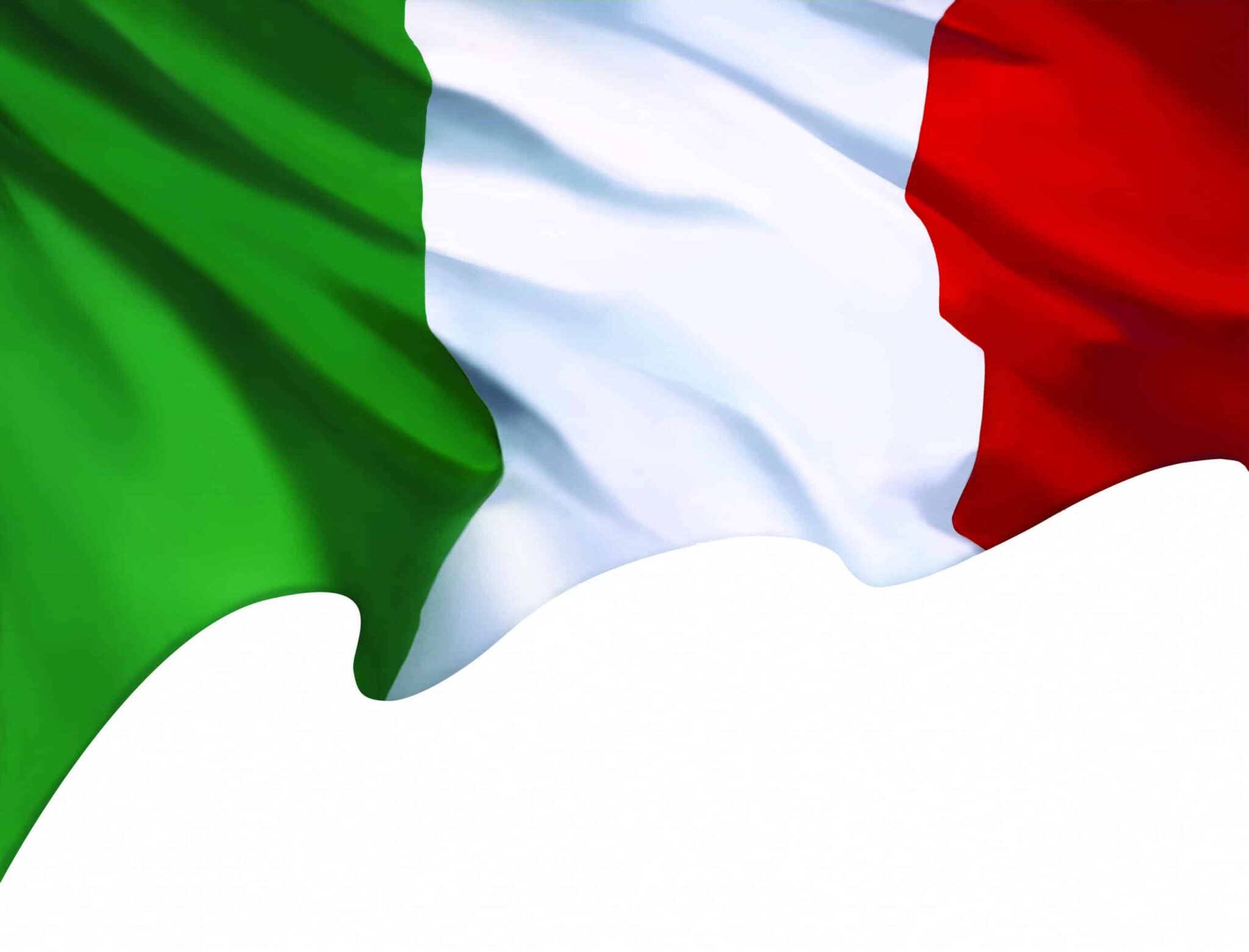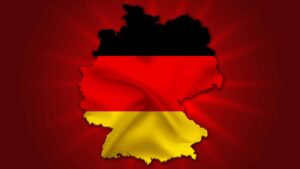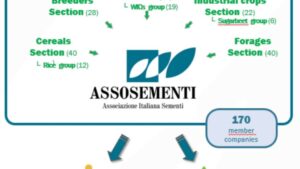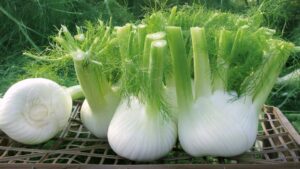Italy’s New Government and What It Means to Agriculture and Seed
Italy held its elections on 25 September 2022, and the results saw the centre-right coalition led by Giorgia Meloni’s Fratelli D’Italia (Brothers of Italy), winning an absolute majority of seats in the Italian Parliament. The four parties making up the new Italian government are: Fratelli D’Italia, Lega, Forza Italia and Noi Moderati. European Seed dove into the various coalition party programs and their views on food and agriculture, the seed sector and plant breeding to see how much Europe’s third-biggest economy will be changing course.
Coalition Framework
The centre-right coalition has signed a framework programme agreement sharing several topics, among which are the promotion of the Common Agricultural Policy (CAP) and Net Domestic Product (NDP), according to the guidelines of independence and environmental and economic sustainability. Also, the fight against Nutriscore and ‘Italian sounding’, the raising of the ‘de minimis’ aid ceilings for agricultural enterprises, and a national plan for reservoirs for irrigation purposes will get priority. Furthermore, the easing of the tax burden and the increase in employment, the protection of ‘Made in Italy’ products, and the challenge to energy self-sufficiency will be tackled. Apart from the coalition program, each party in the coalition presented its own programme.
Fratelli D’Italia
For the Fratelli d’Italia, there were several points in their programme that should be highlighted. First of all, on the food front, they wish to promote the Mediterranean diet and fight against ‘synthetic’ foods. In terms of agriculture, the party’s intention is to promote an Italian agricultural supply chain aimed at innovation. In terms of fiscal policies, their aim is a rationalisation of the tax system.
The party will also look at protecting the national Italian interests in European legislature, especially with reference to the revision of the Stability Pact and European economic governance. In addition, the party plans the promotion of supply chain contracts that put the farmer at the centre and reduce the gap between production cost and product sale price.
With regards to raw materials, the aim is to stabilise the extraordinary measures taken in the context of the current raw materials crisis. Apart from the national reservoir plan to combat drought, the party wants to make water resources more efficient by preparing, upgrading and expanding the water networks.
| MAJOR THEMES ON FOOD AND AGRICULTURE | |||
| FRATELLI D’ITALIA | LEGA | FORZA ITALIA | NOI MODERATI |
| Fighting Nutriscore and Italian sounding Enhancing the Mediterranean Diet Combating synthetic foods. Fight against unfair competition. Protection of agricultural specificities and excellence and export promotion Innovation in agriculture. Enhancement of small local quality productions. National plan for agricultural irrigation reservoirs. Support for employment-intensive companies. Energy self-sufficiency plan, European price-cap, possible recourse to nuclear power. National circular economy plan. | Promotion of the CAP and NDP in favour of business productivity. Fight against Nutriscore and Italian sounding. Protection of agricultural specificity and excellence and export promotion Innovation in agriculture. Enhancement of small local quality productions. Intervention on the national water network. Support for employment-intensive companies. Energy self-sufficiency plan, European price-cap, possible recourse to nuclear power. Enhancement of the circular economy through agricultural biomass, biogas, digestate from biogas. | Fight against Nutriscore and Italian sounding. Incentives to ‘Made in Italy’ and protection of national quality brands. Combating the inclusion of diesel for agricultural use in sustainable development. Alternatives to agro-pharmaceuticals. Support for new biotechnologies in agriculture and organic farming. Promotion of the circular economy Incentives for agri-voltaics and agro-energy. Support for fourth-generation mini-nuclear power. | Defence of Italian agri-food excellence. Countering synthetic foods. Increasing rainwater harvesting capacity. Promotion of gender pay equality. Bureaucratic simplification for businesses. Raising company welfare bonus thresholds. Promotion of competition. Improved capacity utilisation of European funds. Tax relief for joining benefit societies. support for nuclear power |
Lega
The second party in the coalition, Lega, has several points of interest in their programme. First, the party will seek to promote and protect Italian excellence both at home and on foreign markets with the creation of an identity brand that protects Italian genius and creativity. There is also a focus on innovation in agriculture. The goal is to promote an Italian agricultural supply chain aimed at innovation with new technologies that implement the ecological transition.
The Lega would like to see a bigger self-sufficiency, in order to ensure the country’s food security and make commodity prices less susceptible to international tensions and speculation. There should be vouchers in agriculture, but only if introduced in a stable manner.
With regards to the Italian chain of research, development and application of new techniques and technologies in agriculture, the Lega is proposing to create a network of excellence aimed at innovation, support for farms and the creation of a ‘Ministry of Agribusiness’. The party continues its commitment at European level for a system of origin labelling of food and its main ingredients.

Forza Italia
In addition to the coalition’s framework programme agreement, Forza Italia’s programme includes a series of measures in favour of businesses, especially through tax and bureaucratic relief for companies, the protection of Italian-made products and the pursuit of the challenge of energy self-sufficiency.
It also seeks to strengthen the agri-food supply chain, by promoting European companies and food safety through a Re-food EU strategic plan, the encouragement of innovation through NBTs in agriculture, the fight against the inclusion of diesel for agriculture in sustainable development measures, and alternatives to the collapse of agricultural production following the European Commission’s proposal to reduce agro-pharmaceuticals by 50% by 2035.
Similar to other parties, also Forza wants to strengthen ‘Made in Italy’, by promoting quality brands, protection of trademarks and patents, approval of the Industrial Property Bill, implementation of the laws on organic, and unfair practices approved by the Italian Parliament and the fight against ‘Italian sounding’.
There should be incentives for the agro-industry, e.g., by a reform of development contracts, innovation agreements, revision of Industry 4.0, a training bonus, improvement of the tax-business relationship, incentives for the circular economy, agri-voltaics and agro-energy.
Noi Moderati
The smallest and least well known of the four coalition partners wishes to boost ‘Made in Italy’, by promoting and protecting Italian excellence, combined with an opposition to synthetic food and food from countries where there is no commercial reciprocity, for example in the use of plant protection products. In terms of water resources, the party’s intention is to increase rainwater harvesting capacity to 25 billion cubic metres for irrigation use in times of drought. And the party will support incentives for businesses. The intention is to promote the system of competition, bureaucratic simplification (also with incentives for digitalisation), the cutting of the tax wedge and the raising of company welfare bonus thresholds – from ‚Ǩ3,000 to ‚Ǩ6,000.
Sword of Damocles
It seems that in its first months of activity, the new government seems to be keeping the ‘straight rudder’ on the intentions that were announced in the election campaign.
“The new Ministry of Agriculture, Food Sovereignty and Forestry has stamped its name on its main objective — food sovereignty — and is moving accordingly: more controls, measures to support local production, organic farming, and the fight against Nutriscore,” says Alberto Lipparini, Director of the Italian Seed Association ASSOSEMENTI.
“For the time being, we are also enjoying a more favourable attitude towards innovation in agriculture, which also includes NGTs, even the sword of Damocles of the Ministry of the Environment hangs above it. This Ministry in Italy holds this specific dossier on NBTs, together with the Ministry of Health and the Ministry of Agriculture, the latter two being more open to new technologies,” he adds.
[‘Italian Sounding’ is the marketing phenomenon consisting of words and images, colour combinations (the Italian tricolour) and geographical references for brands that are evocative of Italy to promote and market agri-food products that have nothing to do with Italian cuisine.]
[The Nutri-Score, also known as the 5-Colour Nutrition label or 5-CNL, is a five-colour nutrition label and nutritional rating system, and an attempt to simplify the nutritional rating system demonstrating the overall nutritional value of food products. It assigns products a rating letter from A (best) to E (worst), with associated colours from green to red.]













